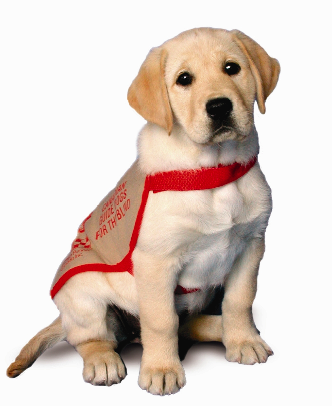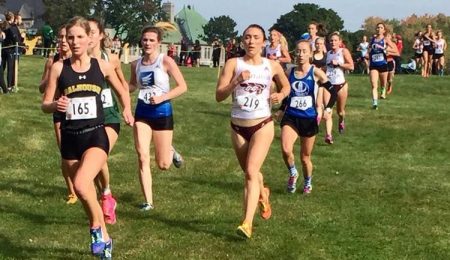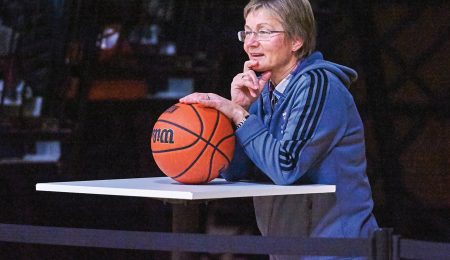Canadian charity seeking volunteers for Puppy Walking Program
Emily Manns | Fulcrum Staff
Canadian Guide Dogs for the Blind (CGDB) is reaching out to the University of Ottawa in search of students willing to temporarily open their homes to a puppy who will be trained to become a guide dog.
Established in 1984, CGDB has provided seeing-eye dogs to over 700 blind people. In 2010, they expanded their organization so that it provided service to not only the visually impaired, but also those with other mobility-related disabilities. According to Statistics Canada, approximately 3.2 per cent of Canadians over the age of 15 have some kind of visual limitation, and with that number increasing all the time, it makes the success of charities like this more important than ever.
“The idea behind the Puppy Walking Program is for the volunteer to raise a ‘good dog,’ teaching basic obedience and socialization,” said Steven Doucette, CGDB special events manager. “Formal training to be a guide dog occurs later by professional guide dog mobility instructors. The volunteer’s role is to provide a home for the puppy with lots of time, love and patience.”
Puppies, mainly golden retrievers and Labrador retrievers, are placed at seven weeks old, and their foster families (“puppy walkers”) are required to make a 12- to 18-month commitment to the dogs. There are no specific qualifications when it comes to being a volunteer, but having a vehicle in order to take the dog to regular veterinary appointments and being able to commit a good portion of their days to the dog is a must.
While there have yet to be any volunteers from the U of O this year, CGDB has had great success with the Puppy Walking Program in the past. Kathryn Tippett, a master’s student focusing on social work, was paired last year with Xeno, a puppy who is now in Iqaluit with its permanent owner, Noah.
Apart from missing their family dogs back at home, there are many reasons why students make such good puppy walkers.
“University students are often philanthropic and understand the importance of helping charities within the community,” said Doucette.
Getting involved is simple and rewarding—anyone looking to get involved can find more information and volunteer opportunities at www.guidedogs.ca, or by phone at 613-692-7777.
“It was great,” said Tippett, “to hear Noah say that he had already noticed the freedom he has with Xeno.”





